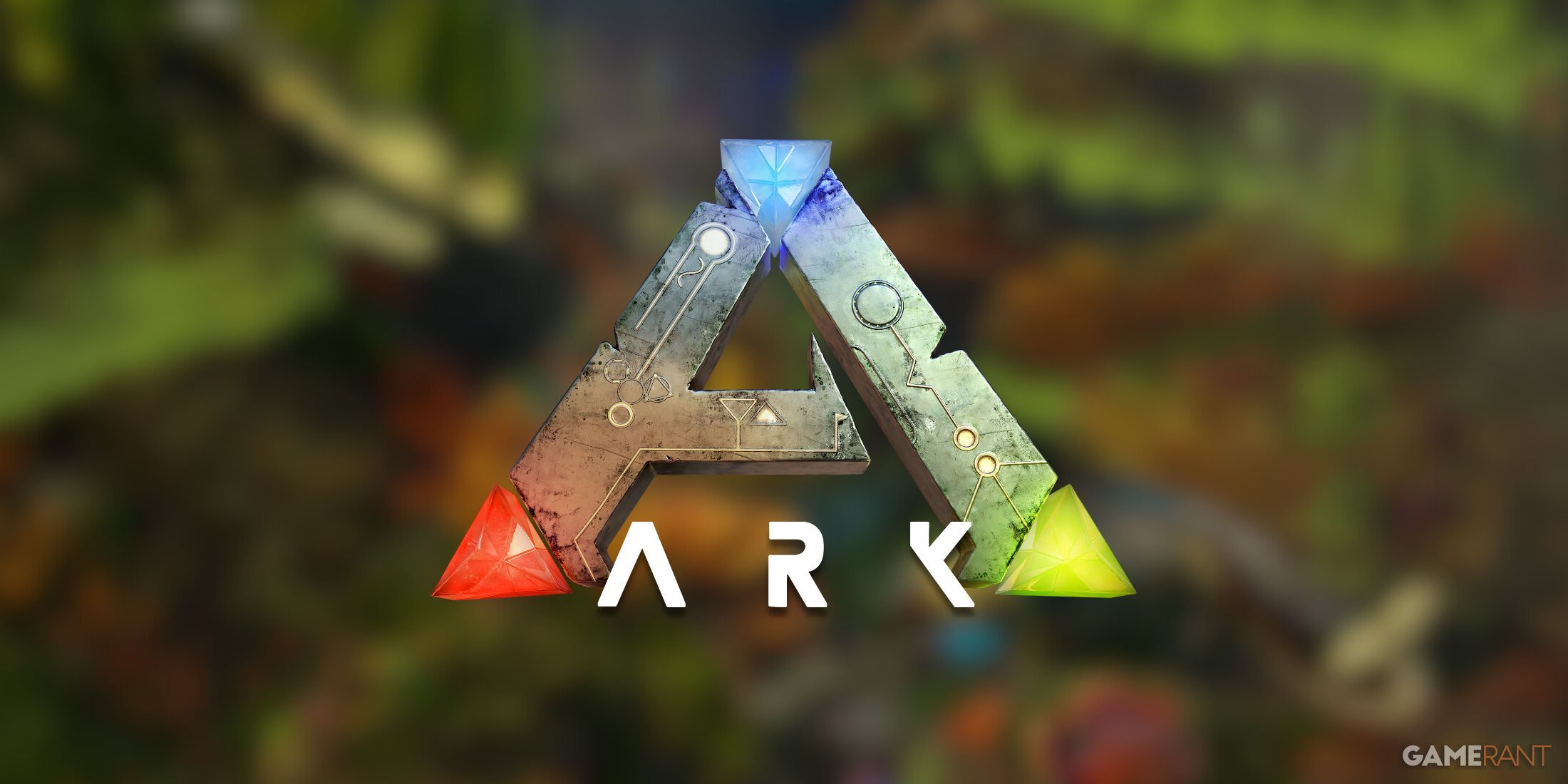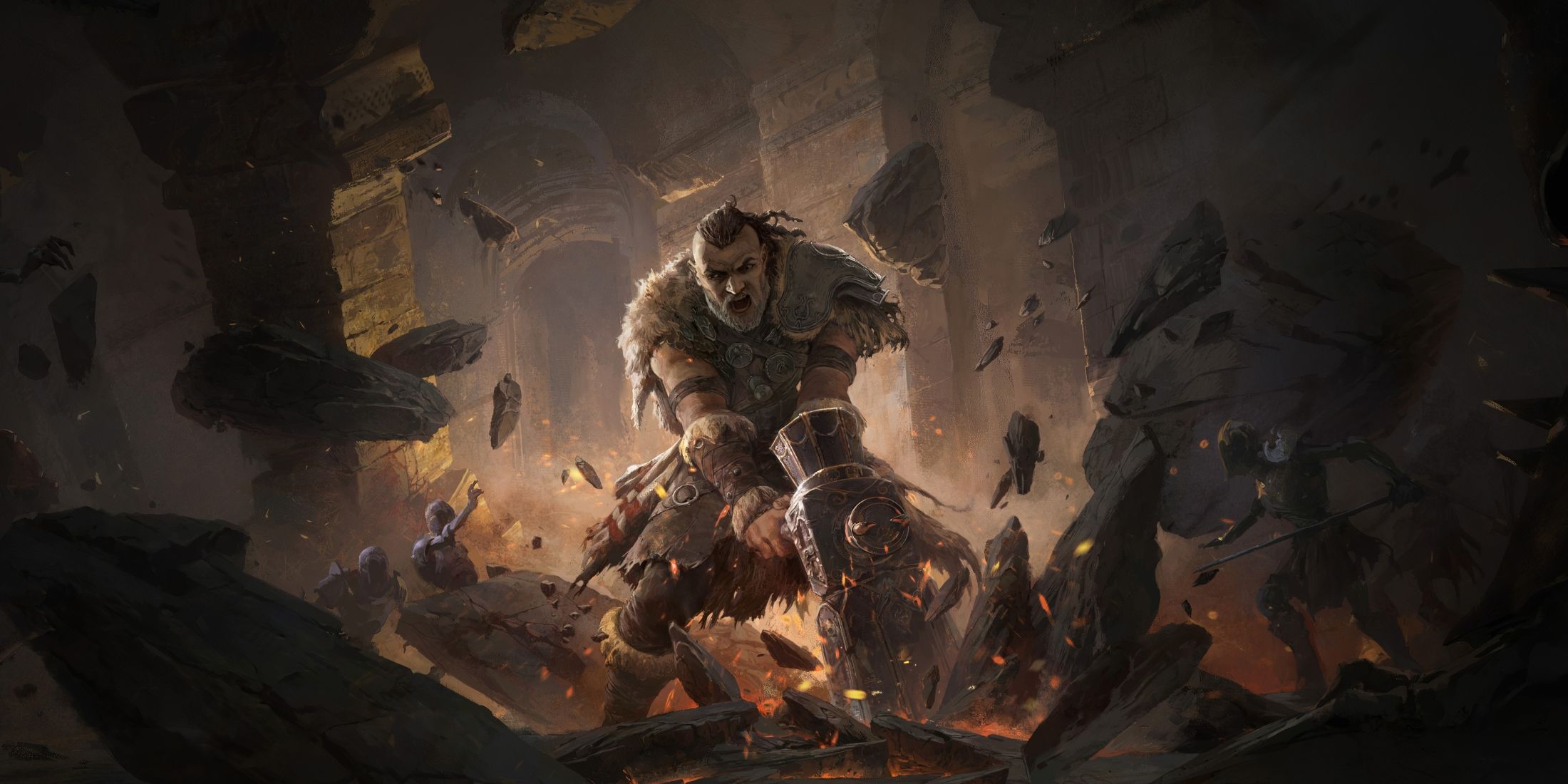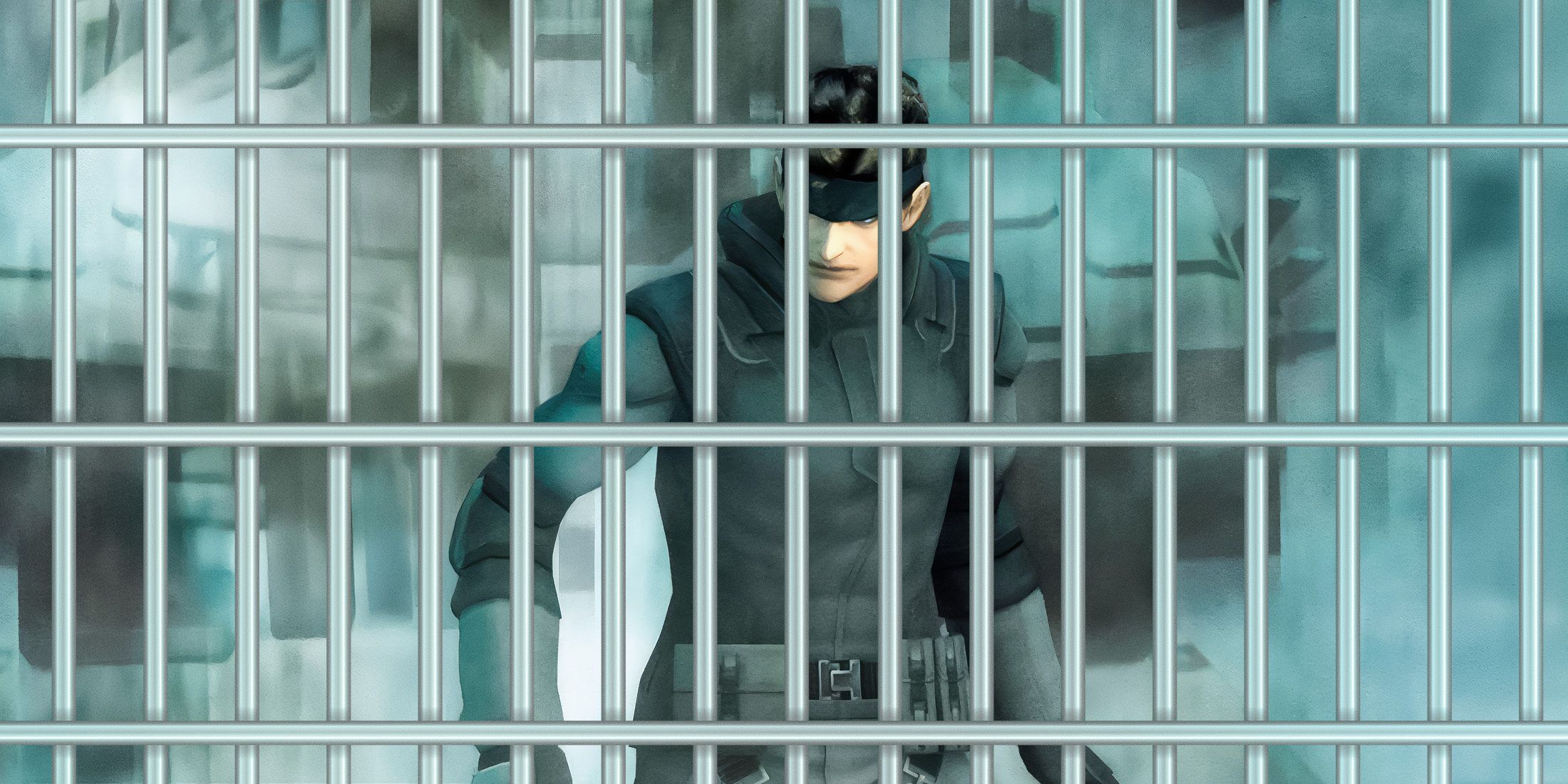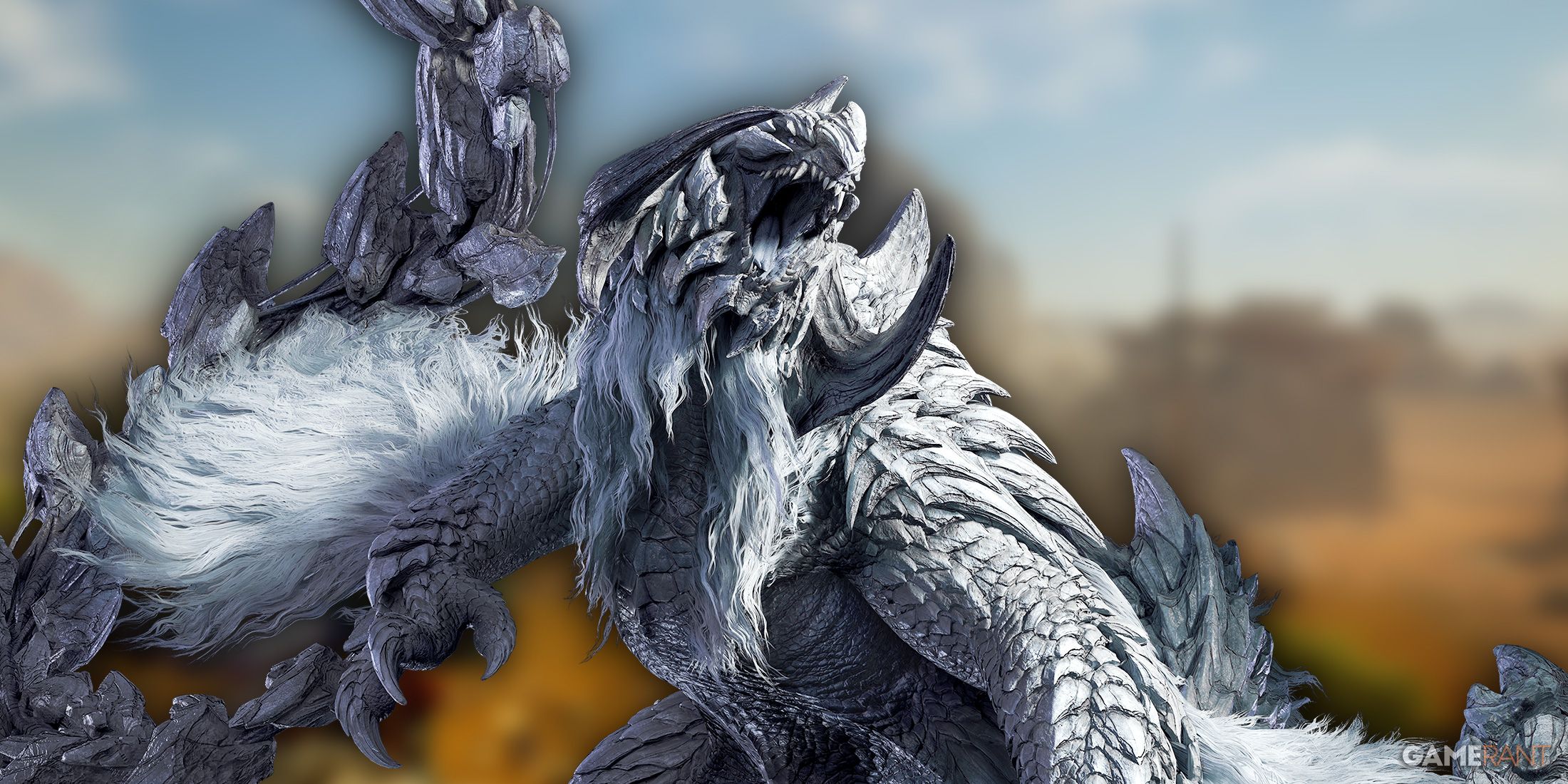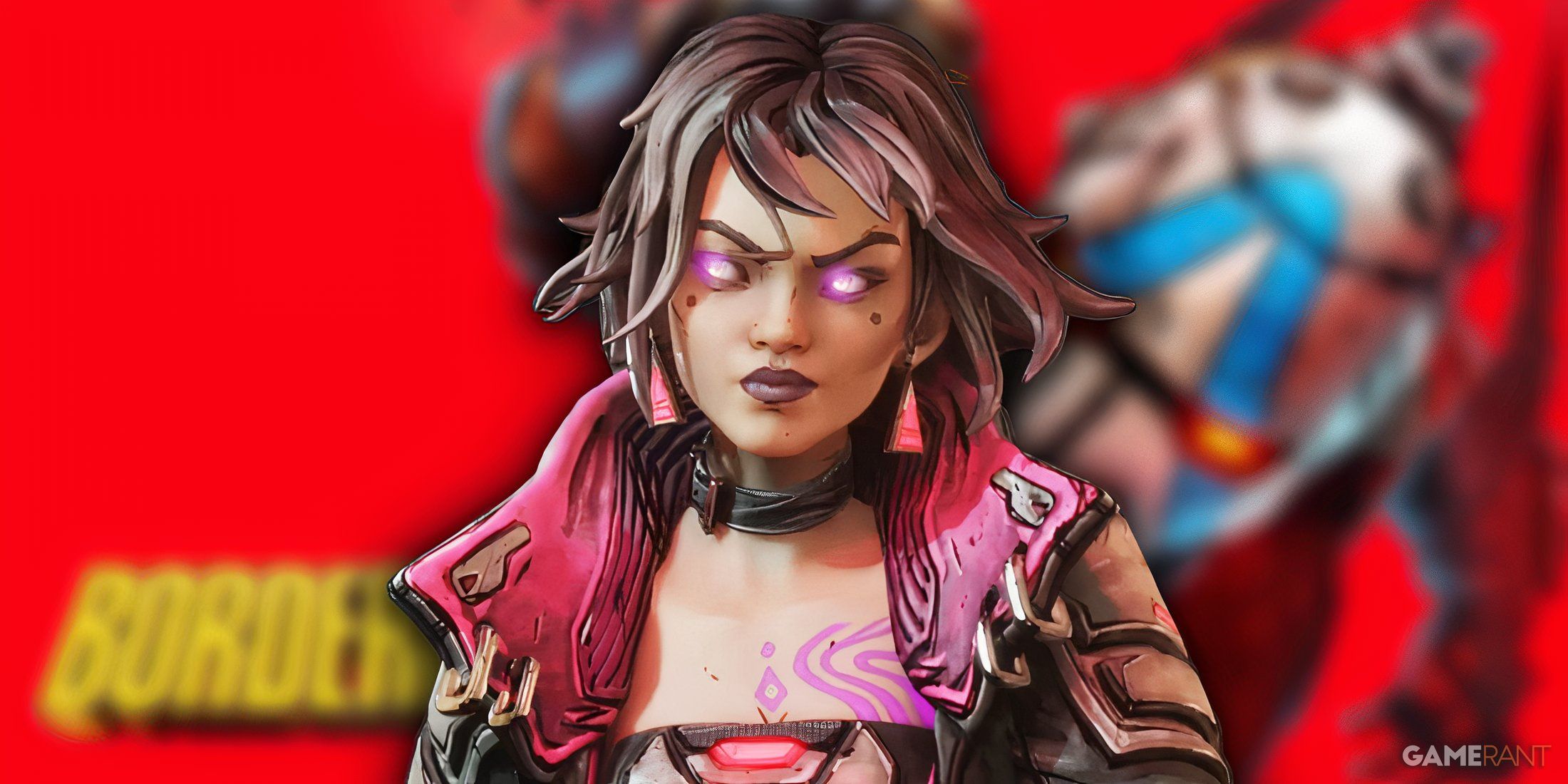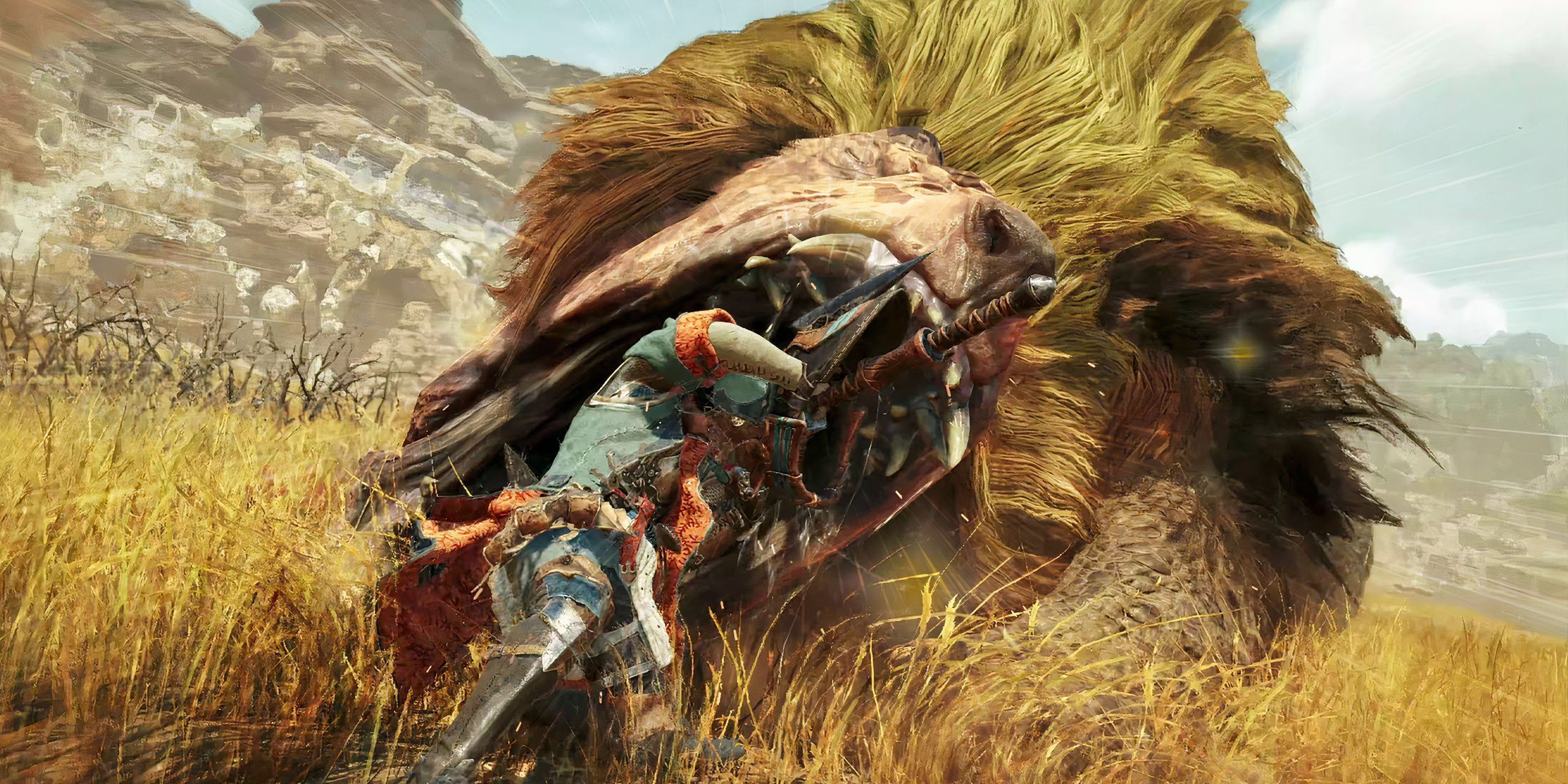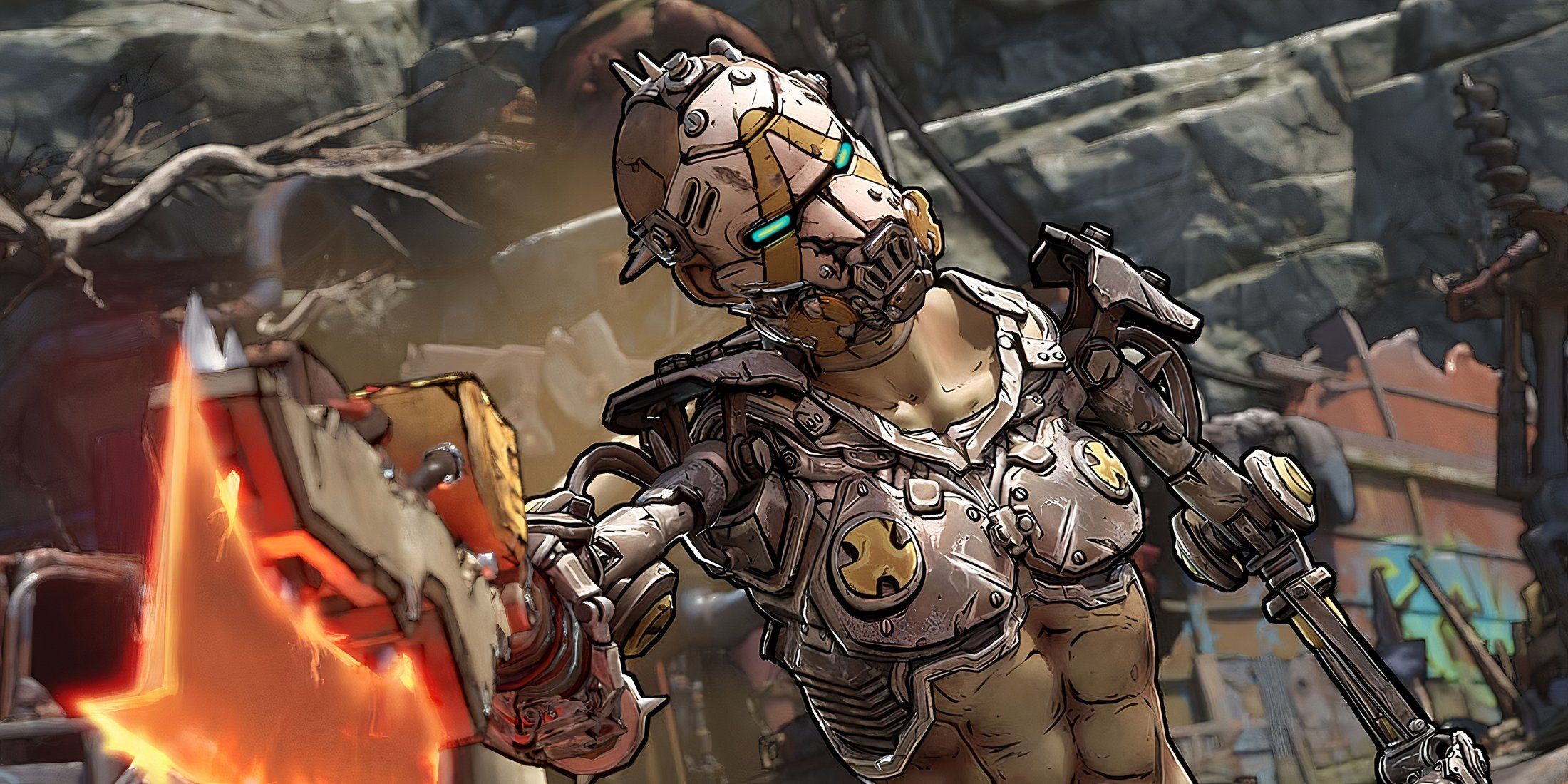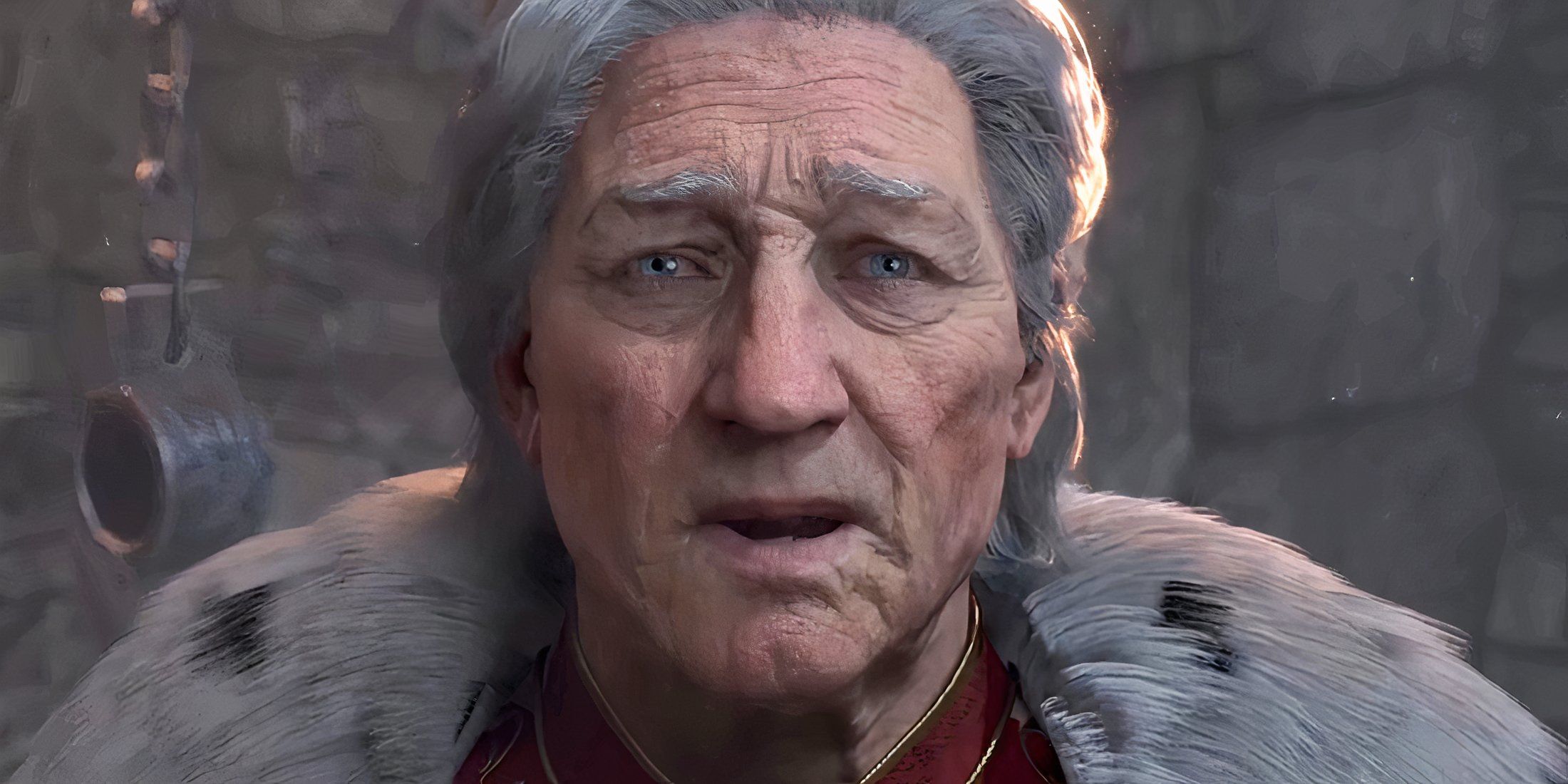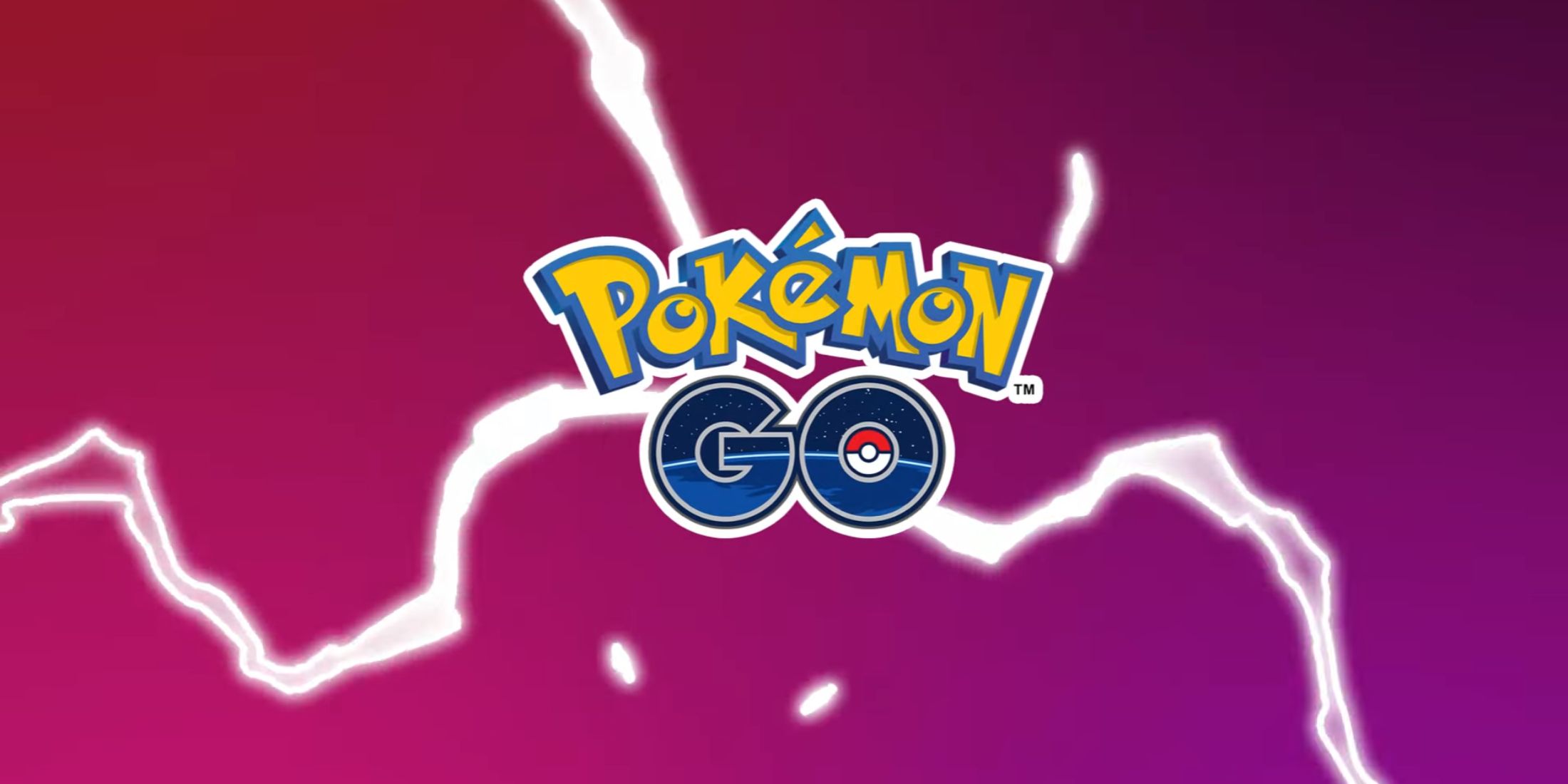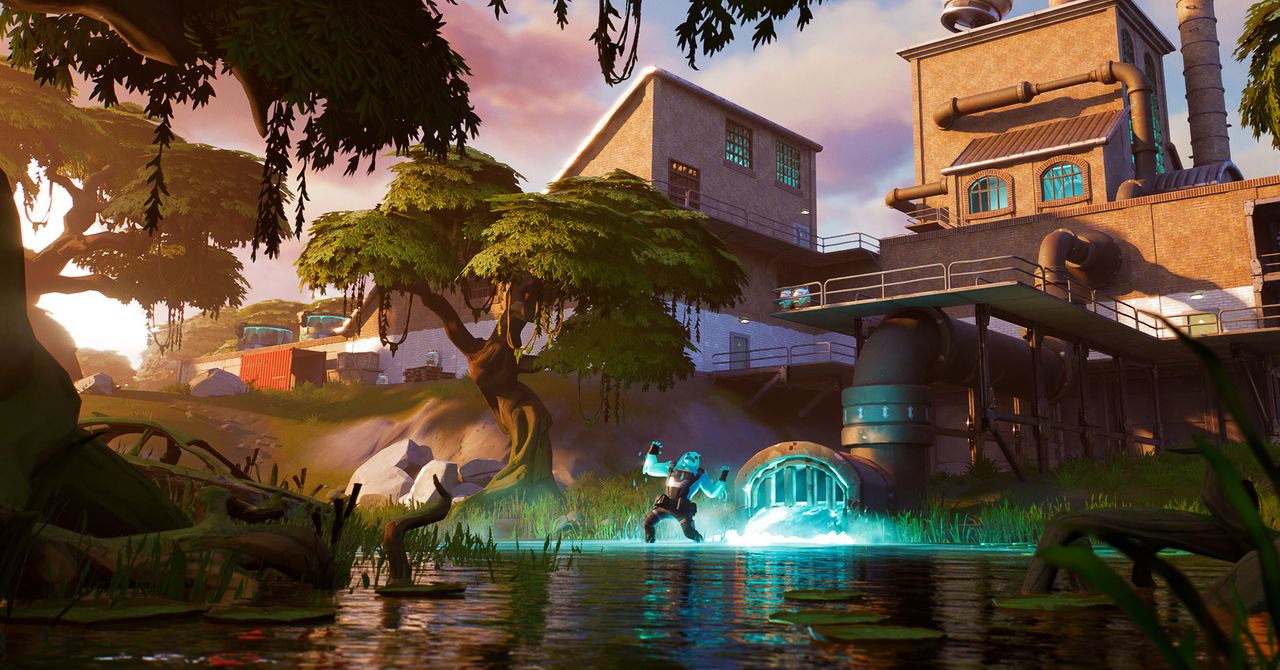
The 2010s were a turbulent time for videogames. Bolstered by a rapidly expanding ecosystem of online distribution marketplaces, independent games ballooned, touching every part of the industry and reshaping the entire landscape. As that happened, big-budget gaming became even bigger, costing more and simultaneously generating higher revenues. In that environment, change moved fast and freely. This list, then, can only contain a limited sample of games, just those that made the most sizable, culture-shifting impact. Big and small, old and new, these are our picks for the most influential videogames of the last decade.
10. Thirty Flights of Loving
I can't tell you how many games I've played in the last decade that are clearly riffing on Thirty Flights of Loving. The first and shortest game on this list, Thirty Flights of Loving is a first-person spy thriller clocking in at just about 15 minutes. I'd be remiss to mention more, because part of the thrill of Thirty Flights is experiencing it while not fully knowing what's going to happen. A lot of games want to be cinema, but this is one of the first to imitate cinematic tropes in a way that makes sense for the medium, that adds something instead of removing it.
What technique does it steal? A simple one: the cut. Scenes cut in and out of each other, as you abruptly shift time, place, and perspective, a change that would be routine in a film but that feels jarring and provocative in a game. It's one of the first titles I can ever remember that required me to ask, "Wait, who am I supposed to be playing here?" A whole generation of independent games has used this trick, with fantastic results, but Thirty Flights of Loving is still thrilling. That's the mark of a good idea.
9. Pathologic 2
Pathologic 2 is the newest game on this list, having come out in mid-2019. Which, at first glance, makes it a rough fit. After all, it hasn't had time to influence anything. But mark my words: Pathologic 2, with its impeccable blend of terror, scarcity, and fascination, will influence a whole new crop of independent developers. A sequel/remake to an underrated Russian gem, Pathologic 2 is a game about the horror of a plague hitting a small, isolated Russian steppe village at the turn of the 20th century, or thereabouts. It's about being a doctor who's starving to death, and it's about mysticism, and tradition, and colonialism. It's a game where you can get the plague in a cloud of black dust, and then the plague whispers religious secrets in your ear, and then you die.
It's also incredibly, engrossingly difficult. It's a game that dares to ask whether or not games should be fun in the first place, before deciding, immediately, "Nah." It's not an exceptionally approachable game, but it is stunning if you can stomach it. Mixing poetic writing, stirring theatrical design, and a meditative grimness, it accomplishes feats of tone and presentation that I've never seen a game accomplish before. It should be lauded and imitated. I think it will be.
8. Cibele
One of my favorite trends in the past decade of games has been a move toward autobiography. Games, often, have been the purview of wild fantasies; in videogames you do things you can't do in real life, and you gather experiences that would be impossible in any other medium. But as independent and experimental games have gained prominence, there has been an increase in the number of games dedicated to telling personal, autobiographical stories. Games that are, instead of fantasy, confessional.
Cibele, created by Nina Freeman and the team at Star Maid Games, is a powerful representative of that trend. It's not the first, but when I think about what confessional games are and what they can do, it's the one I always remember. Set in a lightly fictionalized version of Freeman's own past, it's a story of long-distance relationships, massively multiplayer online role-playing games, sexuality, and growing up. While confessional games have yet to hit the mainstream, echoes of Cibele are everywhere, whether in Nathalie Lawhead's chaotic self-portrait games, or in titles like Emily Is Away that use the intimacy and voyeurism of a game like Cibele for different purposes entirely. There's something painful and uncomfortable about playing games that traffic so deeply in simulated intimacy, but it's a powerful thing to have contributed to the medium.
7. Nier
Released in 2010, Nier was the final game from Cavia, a mid-tier Japanese studio with a history of producing fascinating, broken games, a history synonymous with one of their star designers: Yoko Taro. After Nier, the studio closed, its IP picked up by studios like Square Enix, and Taro turned into a free agent, going on to create more strange, distinctive games in the Cavia mold.
Decade in Review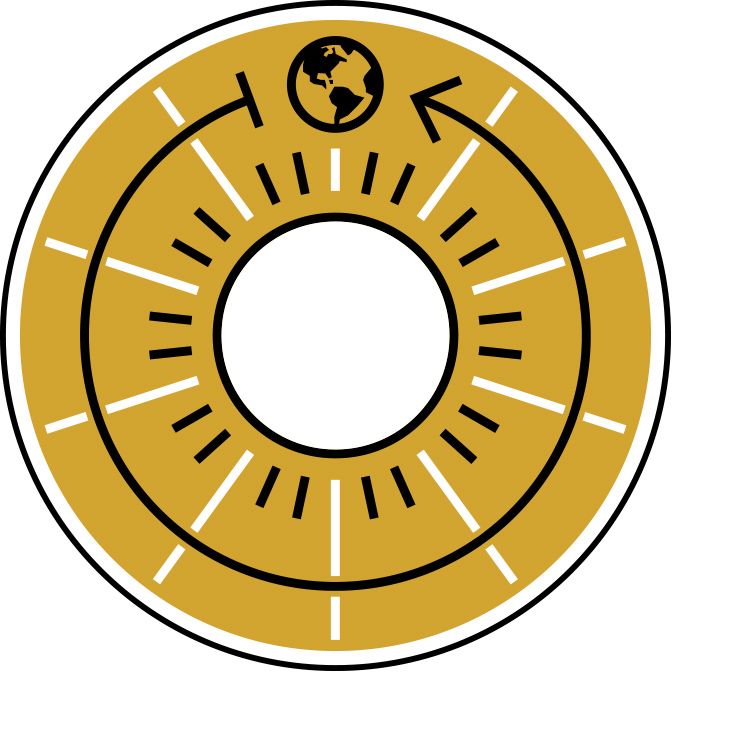
WIRED looks back at the promises and failures of the last 10 years
But Nier, as a death throe, was a helluva last effort. One of the most distinctive Japanese role-playing games ever created, it's ever-changeable, blending an action combat system and a melodramatic tragedy with gameplay elements that constantly change around the player. At one point it turns into a text adventure; at another, it's a Resident Evil pastiche; for a few minutes, it's Diablo. Not a lot of people played Nier, but those who saw past its rough edges became passionate evangelists, and its best ideas—about the power of games to change themselves, to subvert and toy with audience expectations and resist the urge to just be one thing—filtered outward.
Some of the fans it inspired were pretty prominent, as well; Yosuke Saito at Square Enix loved the game so much that he insisted that Square work with Taro on a project, which led to the game's critically beloved sequel, our game of the year for 2017, and one of the best games of the decade, bar none: Nier Automata. But that game, and the ascendance of Yoko Taro's eccentric design ideas, would have never happened without this one.
6. P.T.
P.T. is the only game on this list that makes a compelling argument for not being called a game at all. It is, instead, a teaser, as the title indicates (P.T. stands for Playable Teaser). An hour-long game spent in a single, eerie hallway, P.T. is still, even as just a demo, probably the most important horror game of the decade. Released without fanfare, the nondescript title was soon revealed to be a promo for a Hideo Kojima-led Silent Hill game.
And what a Silent Hill experience it promised. Using minimalism and repetition, P.T. crafts terror out of familiarity and its disruption, the unexpected and the frightening always lurking just behind the corner. For days after its release, P.T. was a mystery to be unravelled, and then it was quickly made into a legend.
Kojima's Silent Hill game never got made, and Kojima left Konami altogether in a nasty breakup, which only adds to P.T.'s mystique. It's a glimpse at what could have been, and also a preview into Kojima's future post-Konami, where he would be lauded as an auteur and given free reign to create the strange and singular Death Stranding, a game that would prominently feature Norman Reedus and Guillermo del Toro, both of whom were set to collaborate with Kojima on the Silent Hill game that never was.
5. The Legend of Zelda: Breath of the Wild
The Legend of Zelda: Breath of the Wild might be the game that saved Nintendo. The flagship release of the Nintendo Switch, it was a return to form for a company that found itself, after the success of the Wii, strangely directionless, flailing at ideas that never quite took off, moving out of step with its own fans and the industry it existed in. The Nintendo Switch changed that, and Breath of the Wild was the game that epitomized that change.
Moving away from the stifling format of every 3D Zelda before it, Breath of the Wild infuses its own distant past with modern trappings, creating an adventure that captures the wonder, mystery, and playfulness of the first game. It's a stunning work, and it pushed open-world games in a more subtle, more exploratory direction than they might have gone otherwise. Breath of the Wild is the rare title that builds itself out of the moments of joy that come from seeing what's beyond the next hill.

